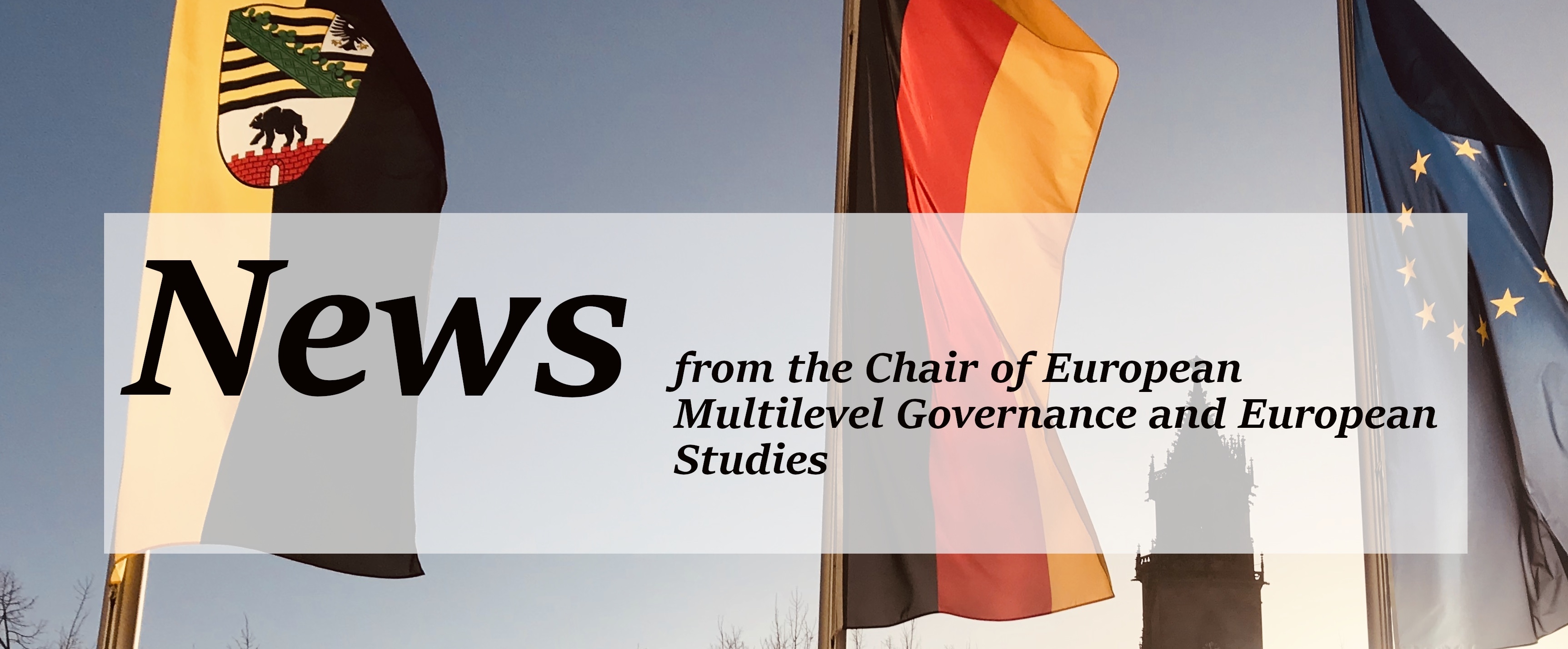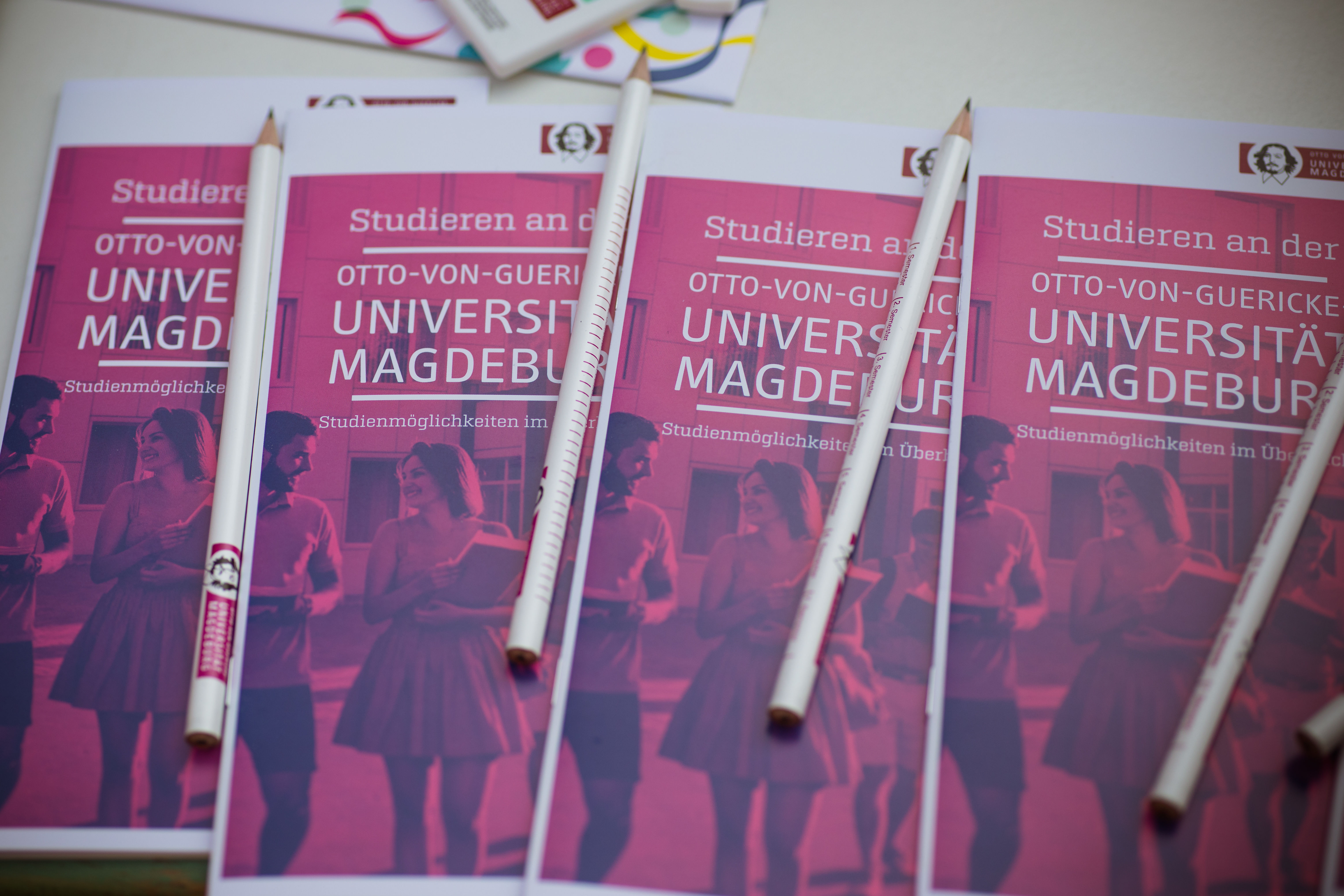News
European Studies will be at the Master Days 2023
Between the 24th and 25th of April, OvGU will be hosting the Master Days 2023.
The event offers all those interested in Master's degrees the opportunity to ask questions and find out about the various Master's degree programmes at Otto-von Guericke University in Magdeburg. The Master's programme European Studies will also be presented online at the fair!
The Master's programme in European Studies will be presented online, on 24 April from 2 pm.
Living in times of crisis and change, our master's degree in European Studies helps you to analyse, evaluate and influence the policymaking process of the European Union. Our interdisciplinary lens focuses on a political, sociological and economic or cultural perspective. It puts special emphasis on key analytical skills and the self-organised application of academic and soft skills. Graduates work in national, European or international administrations, companies, foundations, NGOs and associations – or pursue further academic qualifications. The MA is open to students with different prior qualifications - in social sciences, economics and/or cultural studies - in two, alternative tracks with different requirements and focal points.
Think critically about today's challenges and develop practical solutions with us in Magdeburg.
To join our presentation:
Link to the Zoom-Meeting: https://ovgu.zoom.us/j/2136609107
Meeting-ID: 213 660 9107
Password: 373210
All prospective students are cordially invited! Here you can view the programme of the Master Days 2023 and also register.
Dorian Alt on first impressions and future plans in and around Magdeburg
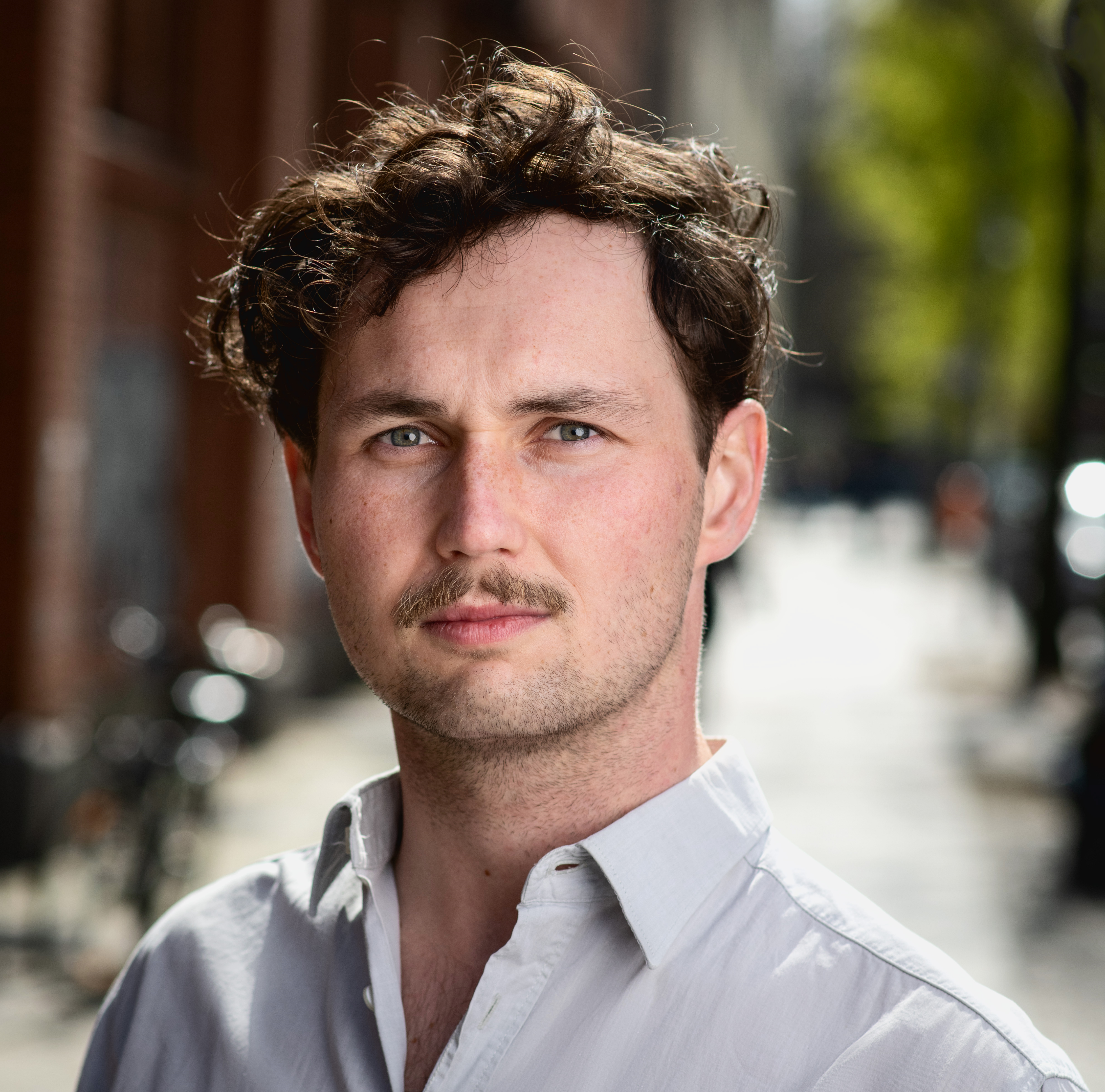 Last Friday, I had the opportunity of talking to the newest addition of the European studies team, Dr. phil. Dorian Alt, and I asked him a few questions about himself, his teaching and his arrival in Magdeburg.
Last Friday, I had the opportunity of talking to the newest addition of the European studies team, Dr. phil. Dorian Alt, and I asked him a few questions about himself, his teaching and his arrival in Magdeburg.
I started with addressing thoughts we all had throughout our academic paths. Some of you might have been asked that question, or might have been wondering about it regarding your peers and professors: What moved and moves you towards European studies?
Brussels Excursion 2023
As part of the Applied Policy Analysis module of the Master Programme of EUs, students take part in a study trip to the heart of the EU: Brussels. This year’s excursion took place in the beginning of March and offered students the possibility of meeting practitioners and experts from the Union’s central policymaking institutions, amongst other influential actors. The study trip counted with the participation of students from two master programmes at OvGU: European Studies; and Peace and Conflict Studies.
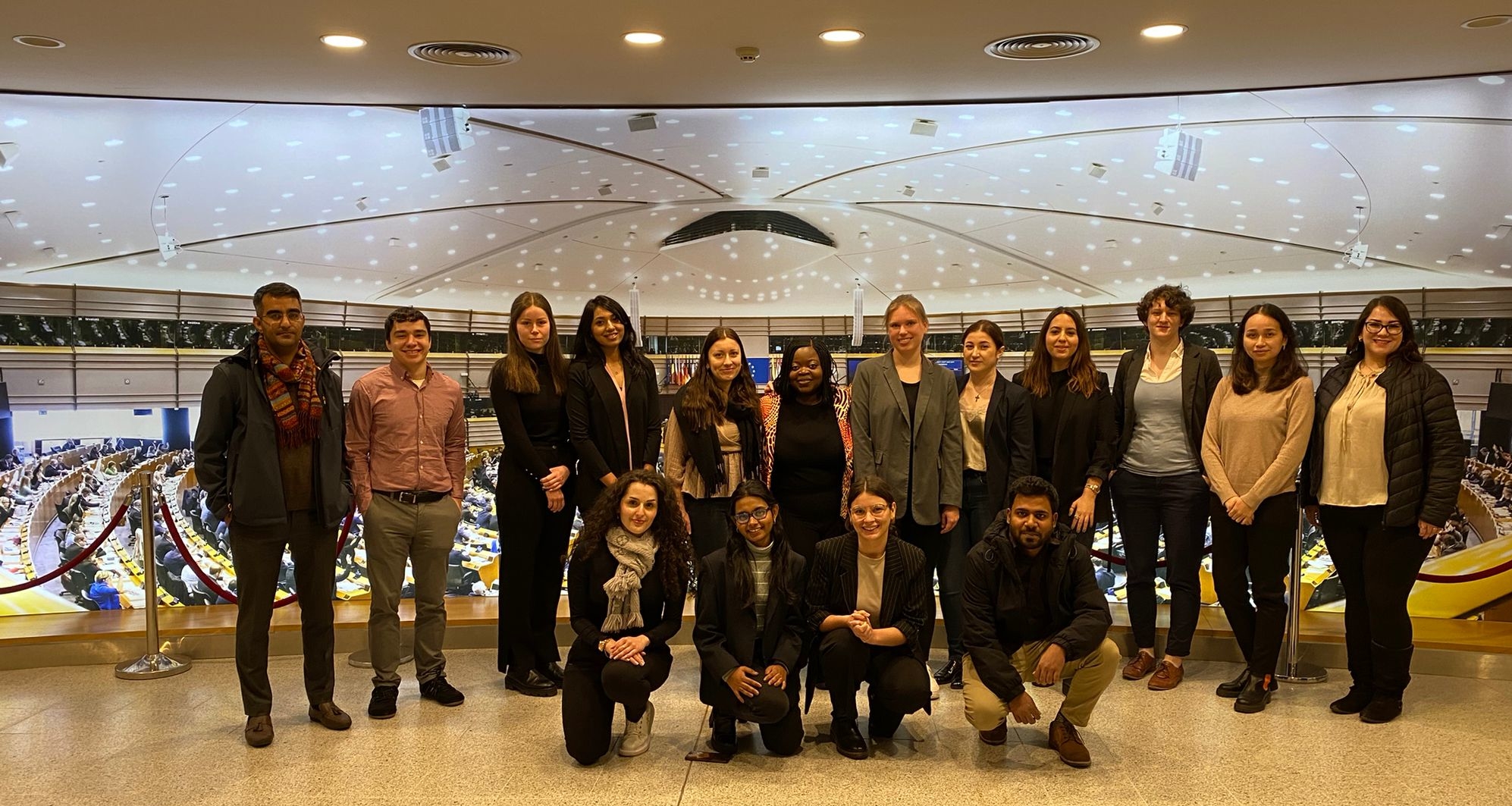
Prof. Dr. Eva Heidbreder's lecture introduces this summer semester's "Studying from 50" programme at OvGU
In the upcoming summer semester, the Otto von Guericke University will continue its 30 year long educational programme "Studieren ab 50" (Studying from 50). 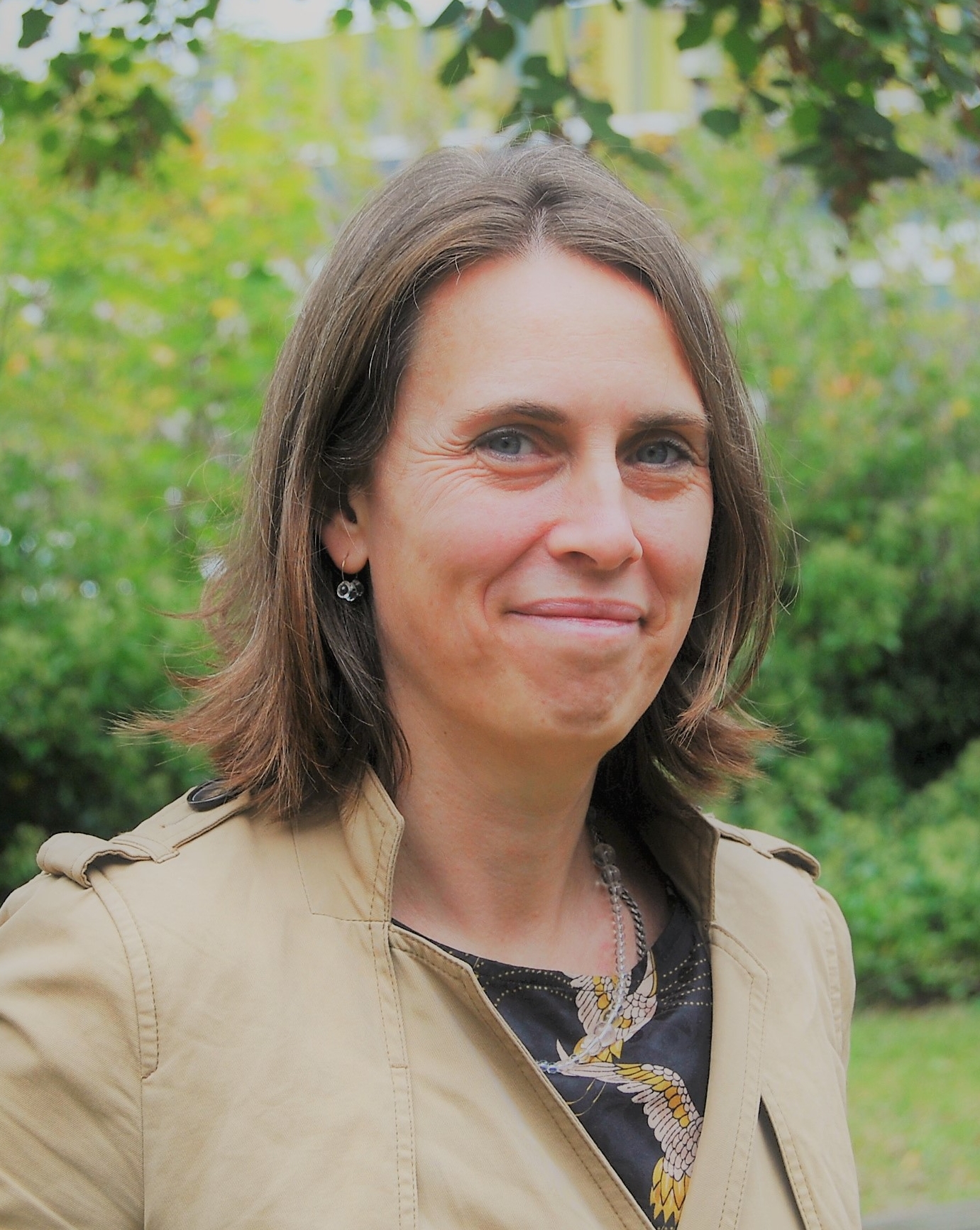
The programme was initiated this year by the lecture of Prof. Dr. Eva Heidbreder, Professor of Political Science with a focus on "European Multi-level Governance" at OvGU. Yesterday's lecture by Prof. Heidbreder, entitled "Von den blinden Männern vorm Elefanten: Was ist die Europäische Union?" (From the blind Men in front of the Elephant: What is the European Union?) attracted a wide audience. The inspiring lecture by the head of the Jean Monnet Chair IMUDE was followed by an information session on the "Studieren ab 50" programme and an open dialogue with the audience of around 250 people.
Online Citizens' Dialogue „Lehren aus Qatargate – Wie stärken wir die europäische Demokratie?“
On 21 February 2023, starting at 5 pm, the online citizens' dialogue on the topic „Lehren aus Qatargate – Wie stärken wir die europäische Demokratie?“ will take place. The event is organised by Europa Union Deutschland and the Head of our Chair, Prof. Dr. Eva Heidbreder, will participate in this event, the first online citizens' dialogue of this year.
